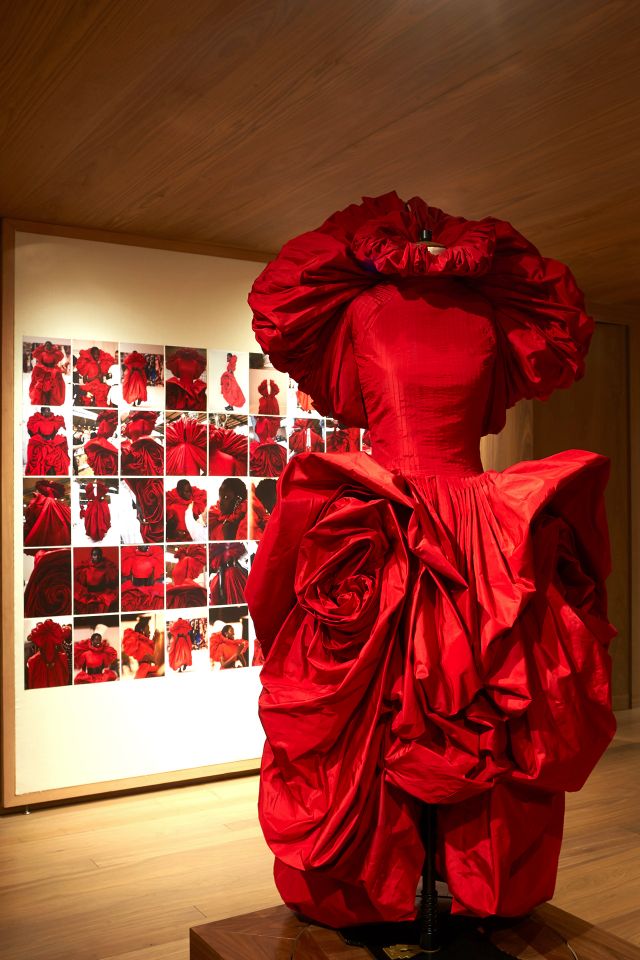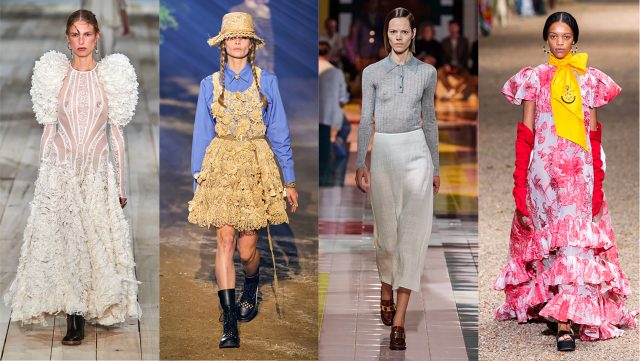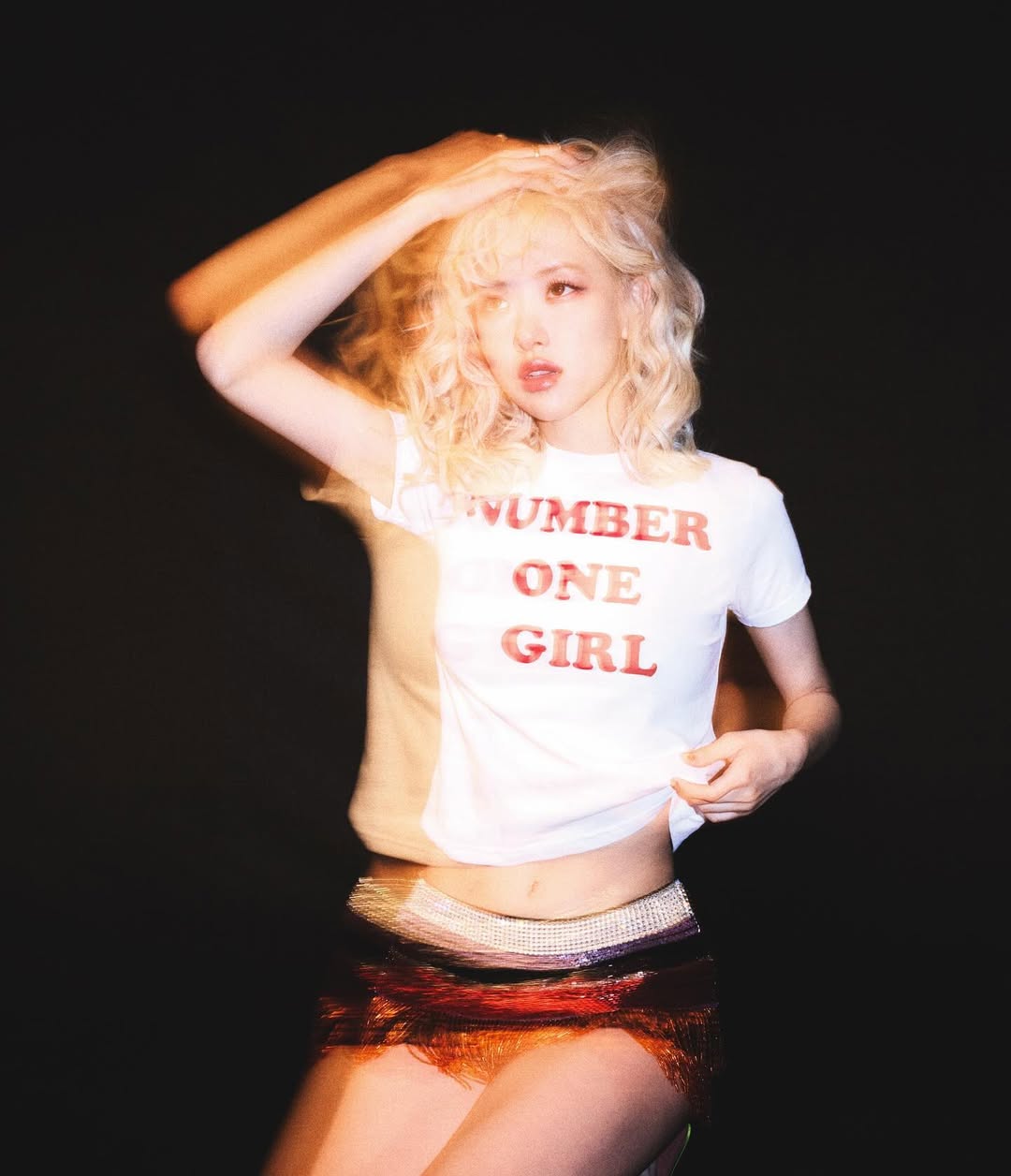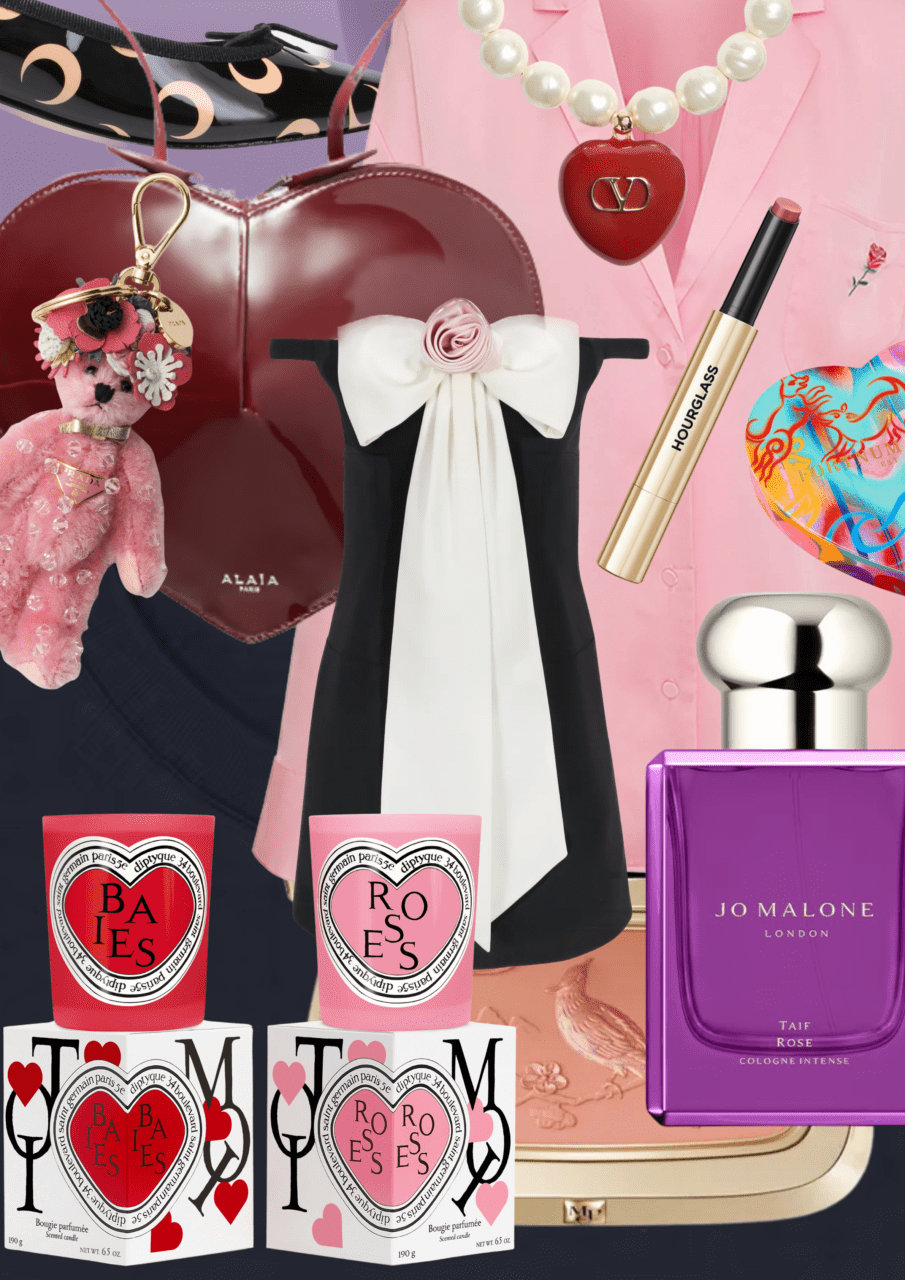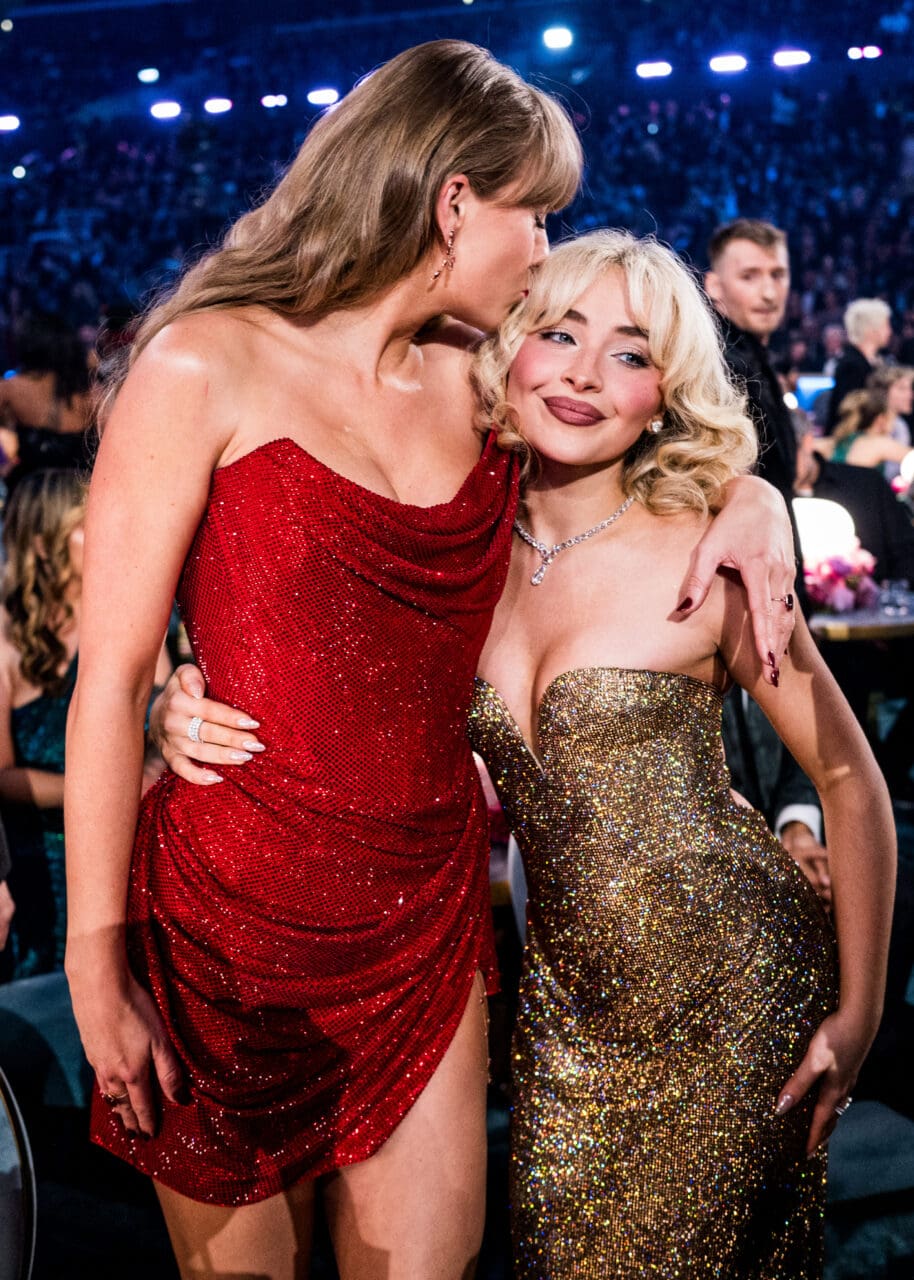Sarah Burton may be one of the most discreet designers on earth, but on 14 February, 2020, what amounts to a big, thoughtful Alexander McQueen gift from her to future designers will begin to become visible on the first day of London Fashion Week. A scheme to distribute unused McQueen fabric to fashion colleges throughout the UK will be threaded through students’ collections at University of Westminster and Central Saint Martins graduation shows. “I was so lucky, because when I first worked at McQueen, Lee helped me source fabrics for my final collection,” Burton said in a statement. “It’s even harder today, at a time when we all feel precious resources must be properly used.”
The fact that there is so much in the archives — hundreds of metres of everything from nude chiffon to tweed, to shirting and silks in a rainbow of colours and weights of silk — comes back to the fact that, since Burton arrived to work with McQueen in 1996, “we’ve never thrown anything away!”
Fourteen colleges from all over England, Scotland and Wales have been the recipients so far, meaning that cash-poor students now have some luxurious free resources to use, which academia can’t supply. “You go into studying fashion fantasising about making your final collection, but you have no idea what it’s going to cost,” says Steven Stokey-Daley, a student at Westminster, who speaks for a generation of young people facing the prospect of deep financial debt. “It’s only when you’re two years deep into it that you suddenly realise that people are spending £10,000 to £15,000 on their shows — and how am I ever going to be able afford that?”
Essentially, a warehouse of material – accumulated over 10 or 15 years of McQueen’s growth – is in the process of being offered up to students who are studying throughout Britain. It’s available, in large part, because of the fabric mills’ industry-wide practice of over ordering.
The ethos of meticulously archiving and storing every scrap of research, every pattern-piece, toile and fabric sample has been Sarah Burton’s way since the early days. Everything McQueen did at the beginning was scraped together from virtually nothing, but wasn’t simply a case of not being wasteful. One of her multiple roles as a 23-year-old Central Saint Martins graduate (she was first an intern) was as a self-appointed storer, making sure she knew where everything was in case McQueen called for it, as well as being on her knees handing pins to him in his miniscule studio in Hoxton Square.
The knowledge that the vast in-house archive exists, carefully built on every season since, triggered Burton’s idea for setting up a cycle of installations at the Alexander McQueen store last year. Her open-access shows open up the unseen intricacies of the design and teamwork, an initiative that has developed into a study programme, which reaches out to bring students into the store for structured learning sessions. Currently, the Roses installation reaches back to reveal the making of flower-inspired designs, from Burton’s summer 2020 show of flax-flower dresses to Lee McQueen’s floral hand-embroidered dress from spring/ summer 1999.
Now the idea has progressed into donating practical help to students in realising their own work. In a way, it’s an example of bigger companies making an effort to eliminate the unseen over-production that builds up all over the fashion industry. Pre-consumer stocks of virgin materials are lying dormant everywhere in factories and storage facilities across the industry. Rather than dumping resources, which have already used up grown materials and all the carbon-emitting processes that go into manufacturing, philanthropic redistribution is a constructive step towards creating the more responsible circular economy that fashion needs to put into action.
It’s to be hoped that Alexander McQueen might not be the only company to be doing this — but going public with it sets a precedence in a widespread industry culture that typically keeps its secrets invisible. By recycling fabrics on a regional basis through a British system renowned for educating students who come to study fashion from throughout the world, the McQueen initiative has a potential to reach further than the UK. Really, though, it’s a support system that resonates on an international level — meshing with the current generation’s climate activism, which is radiating from fashion faculties everywhere. Beautiful, original fashion can be created from that which already exists; students and emerging designers are already the best advocates of that. When corporations join hands with them, it’s a step towards enabling the revolution that needs to come.
Previously published on British Vogue
Editor
Sarah MowerCredit
Lead image: Exhibition still from 'Roses' - Red silk taffeta dress, Alexander McQueen store, 27 Old Bond Street, London. Shot by Tim Beddow